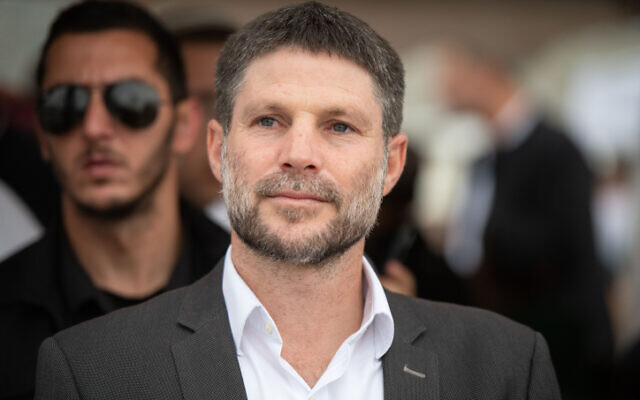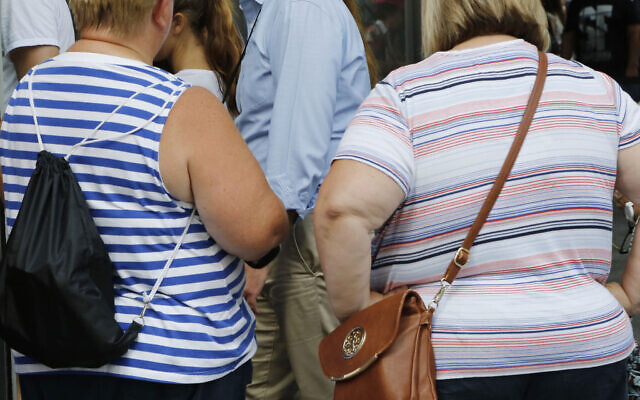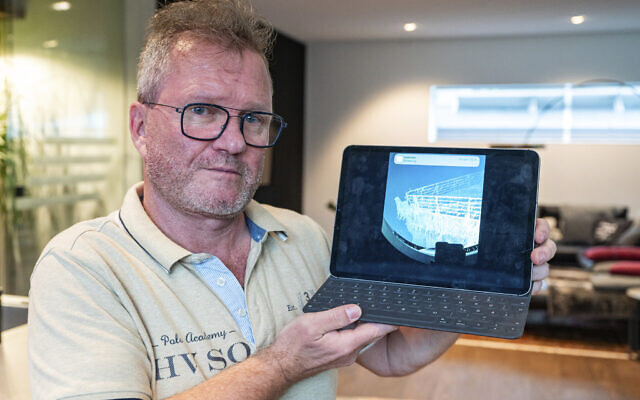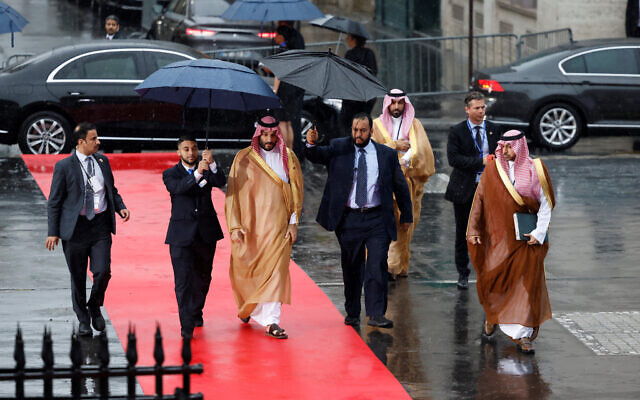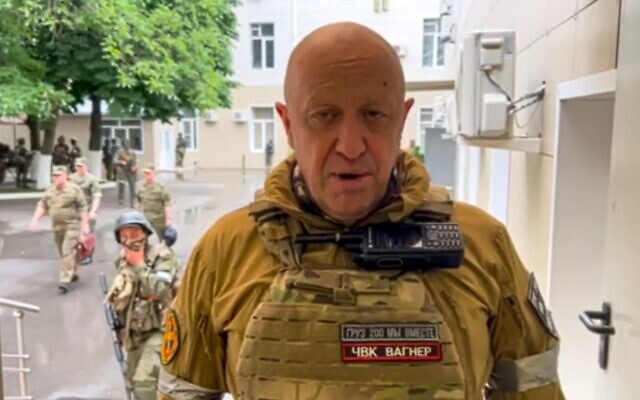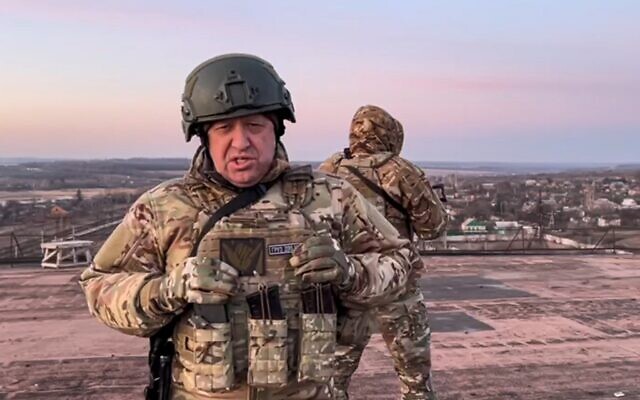Sheba Medical Center enters partnership with largest UAE healthcare system
Agreement with PureHealth involves joint research, medical training, tech collaboration and medical tourism, as cooperation between fresh allies deepens
Renee Ghert-Zand is a reporter and feature writer for The Times of Israel.
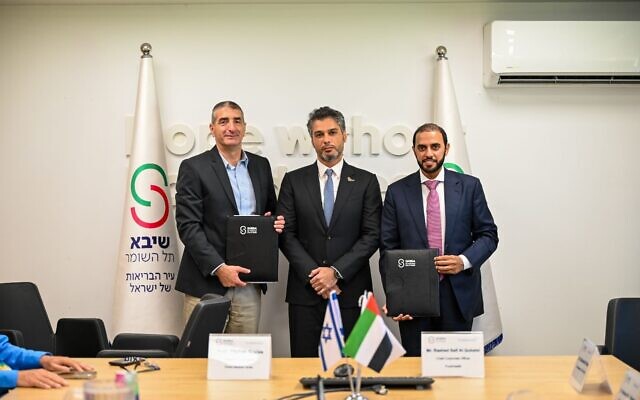
Sheba Medical Center in central Israel has announced a new multifaceted strategic partnership with the United Arab Emirates’ PureHealth, the largest integrated healthcare platform in the Middle East.
A memorandum of understanding was signed Sunday at Sheba by representatives of the two organizations, committing them to work together closely on joint clinical research projects, promote the use of advanced technology in healthcare, expand genetic research initiatives, collaborate on staff training, and boost health tourism in both countries.
“The formal announcement was made just a few days ago, but the collaboration has already been up and running for a month,” director of Sheba’s international division and resource development Yoel Har-Even told The Times of Israel.
Har-Even said Sheba, the country’s largest medical center and one of the world’s top hospitals and medical research institutions, is excited about this opportunity, which was made possible by the Abraham Accords that normalized ties between Jerusalem and Abu Dhabi in 2020.
The accords established diplomatic relations between Israel and the UAE and Bahrain and paved the way for increased and open economic and other cooperation. Sudan and Morocco also signed normalization agreements by the end of 2020 as part of the framework, though Sudan is yet to follow through amid internal divisions.
UAE ambassador to Israel Mohamed Al Khaja was present at the strategic partnership signing at Sheba.
“It is great to see major players from the UAE and Israel healthcare sectors come together to find ways to combine their expertise and work together to improve the health and the lives of the people of both our countries. It is important to find and focus on the real benefits of peace, which improve people’s health, lives and standards of living,” he said.
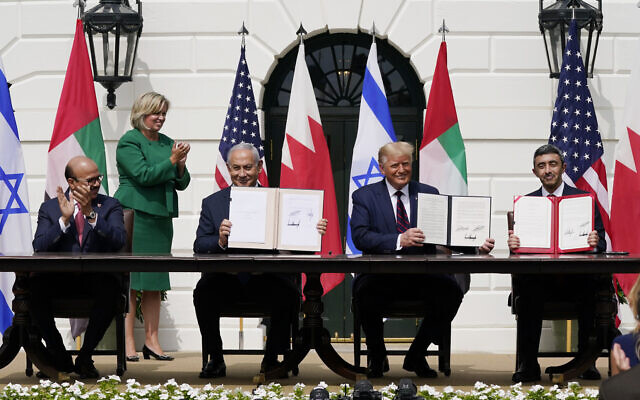
PureHealth is a major comprehensive healthcare system in the UAE that comprises more than 25 hospitals, over 100 clinics, multiple diagnostic centers, insurance solutions, pharmacies, health tech, procurement, investments and more.
Among PureHealth’s network of facilities across Abu Dhabi and the Northern Emirates are SEHA – Abu Dhabi Health Services Company, one of the largest healthcare networks of hospitals and clinics in the UAE; Daman – The National Health Insurance Company, the UAE’s leading health insurer; Rafed, the UAE’s largest healthcare group purchasing organization; and the Abu Dhabi Stem Cells Center, a specialist healthcare center focused on cell therapy and regenerative medicine.
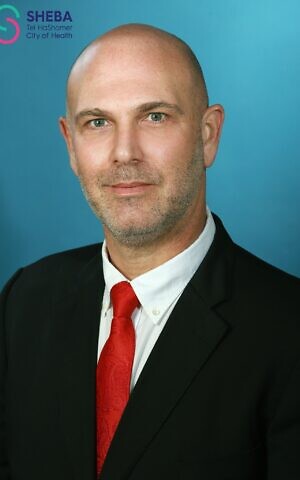
“It’s a large ‘octopus’ that has a big responsibility for Emiratis’ health life and care, and for insuring them. It provides healthcare for both local Emiratis and expatriate residents. It is a major player there,” Har-Even said.
He said it would not be accurate to make a direct comparison between Israeli health funds and PureHealth. The only one that would come close to PureHealth in size and scope would be Israel’s largest and oldest health fund, Clalit Health Services, which operates 14 hospitals.
The cornerstone of the Sheba-PureHealth partnership is education and training for medical staff, which will take place on the ground in Israel and in the UAE, as well as online.
“We are going to send our physicians, nurses and technicians for short periods to the UAE. The Israelis and Emiratis will operate and treat patients together there,” Har-Even said.
“Also, PureHealth will send its health providers to Sheba for short- and long-term education conducted by Sheba. Some of it will be through telemedicine, but most of it will be with boots on the ground here on Sheba’s premises. The training will include medical simulation, which is a big advantage,” he said.
Emirati physicians will receive ongoing support from Israeli colleagues, and Emirati patients will receive ongoing medical care and monitoring from Sheba, either in person at the hospital in Ramat Gan or via the Beyond Sheba virtual hospital.
“It’s just a three-hour flight between Tel Aviv and Dubai or Abu Dhabi. It’s just a question of preference in terms of whether the patients feel more comfortable coming here and doing things in person or using technology,” Har-Even said.
PureHealth and Sheba will share research and knowledge about common illnesses like diabetes, ischemic heart disease, and a variety of chronic conditions.
With PureHealth cooperating with the UAE Ministry of Health and Prevention to set up a national genome center for full genetic screening of citizens, there will be ample opportunity for Sheba and PureHealth to collaborate on genetic research.
“It will be exciting to learn the genome of the UAE and share our knowledge gained from studying and treating genetic disorders among the Bedouin population in Israel,” Har-Even noted.
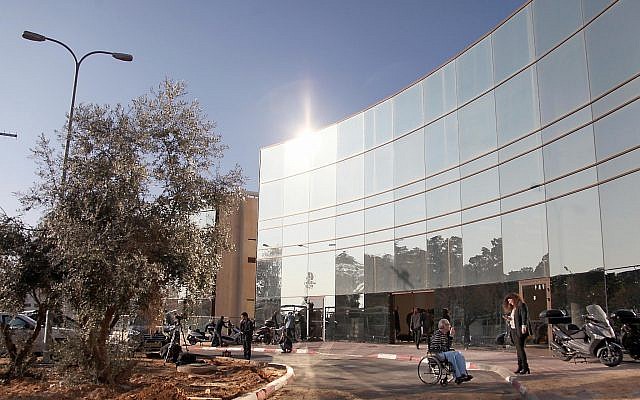
At the signing ceremony, PureHealth chief corporate officer Rashid Al Qubaisi said his organization was proud to work with partners who share its “vision of advancing the healthcare sector and positively impacting people’s health span and commitment to advancing the science of longevity.”
“We’ll continue our endeavors to raise the benchmarks in healthcare excellence and enable people to live longer, healthier, happier and fuller lives. This collaboration marks a major milestone in our efforts to drive healthcare innovation and improve patient outcomes,” he said.
Har-Even said that relations between the Israelis and their Emirati counterparts have been very warm and that he hopes it bodes well for the joint venture.
“Rome wasn’t built in a day. It takes some time to build trust between nations and between people. We do understand this, but if there is something to truly bridge people and nations, it’s the kind of work that we do,” he said.



